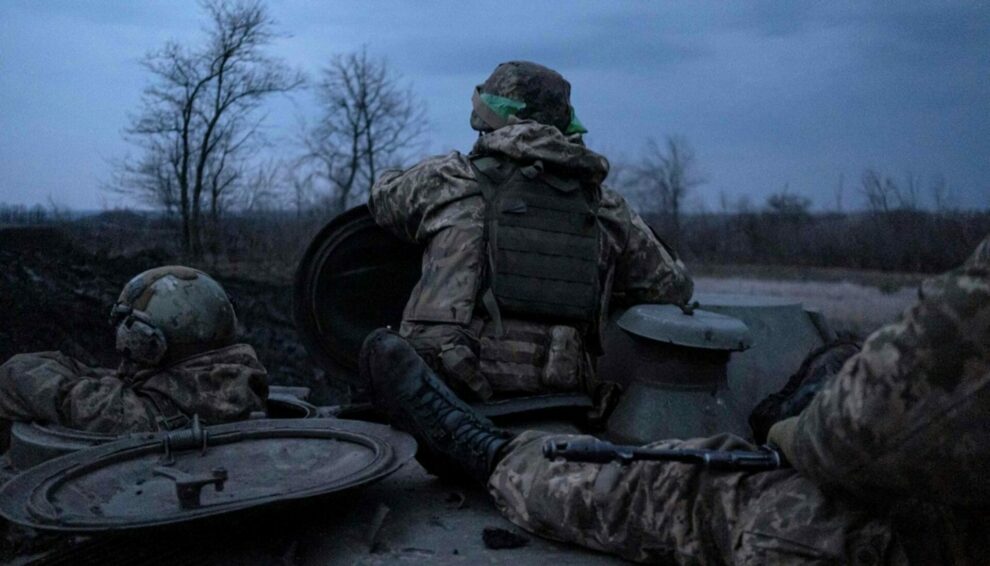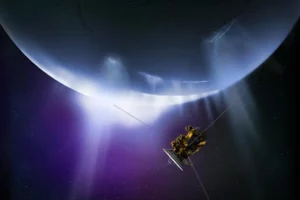The preparation of “starting a peace process” for Ukraine is recommended by the former head of the Munich Security Conference, Wolfgang Isinger, and for this he proposes the establishment of an international contact group. The parties of the governing coalition welcomed the proposal with reservations.
In an article in the Tagesspiegel newspaper, the veteran German diplomat points out that the question of how long arms deliveries and financial support will continue requires more than a dismissive gesture. “We need to offer perspective to the growing barrage of critical questions from the US, just as we do in Germany,” he underlines. He stresses, however, that one cannot demand that Ukraine be willing to negotiate “here and now”. “This would be tantamount to asking Kiev to cede Crimea and Donbass to Russia. And that would mean a partial capitulation to the aggressor, with all the often described disastrous consequences for security and stability in Europe. And of course it is Ukraine alone that will have to decide whether,
Wolfgang Isinger proposes to set up a political-strategic contact group and immediately join the military contact group in Ramstein. The team should be tasked with working out all possible future negotiation scenarios, preparing draft texts and comparing them with the Ukrainian ones. “In other words: we need to start a process to work out a peaceful solution for Ukraine. And even now. In addition, such a contact group could in due course form the core or at least part of a mediation group – if and to what extent peace negotiations take place,” says Mr. Isinger in his proposal and refers to the peace plan submitted by the German minister of Foreign Affairs Joska Fischer in 1999, in the case of Kosovo and in the Dayton Agreement of 1995,
The contact group should include, according to the former head of the Munich Conference, the US, Britain, France and Germany as a narrow core. A group consisting of Canada, Spain, Poland, Italy, the Baltic States, the United Nations, the EU, the OSCE and NATO should be assembled around them. Countries such as Brazil, India and even China should be invited in the outer circle. Senior officials or diplomats will participate in meetings and one-on-one talks, while decisions will be taken by foreign ministers. The political goal would be through broad international participation to achieve a minimal permanence, after the Russian veto in the Security Council, explains the diplomat.
These groups will have to answer all possible questions, whether a ceasefire should be approved by the UN, whether there should be a buffer zone, whether no-fly zones are required, etc. They should, according to Mr. Isinger, within a few weeks, to process all the issues and possible answers.
One of the central aspects of a possible long-term peace solution is the situation in the territories disputed by the Russians. “If Ukraine fails to militarily liberate Crimea, what are the possible scenarios? Should residents hold a referendum? Should the issue of Crimea be left aside for the time being?”, says Wolfgang Isinger, while regarding the security guarantees for Ukraine, he emphasizes that their planning should be as reliable as possible by the USA and other NATO partners.
The post-war order should include the reconstruction of Ukraine, international jurisdiction, the prosecution of war crimes and of course the new European security order. In addition, the future role of the OSCE and the concept of neutrality after the decision of Sweden and Finland to leave it should be discussed among others. “Such ideas could lead to a kind of ‘Helsinki Process,'” notes Mr. Isinger. “One thing is certain: we need an initiative in order to work out all the possible options of a peace process. Let’s face all these issues and be prepared!”, concludes the German diplomat.
“It’s the wrong message at the wrong time,” commented the liberal (FDP) head of the Bundestag’s Defense Committee Marie-Agnes Strack-Zimmerman, referring to Mr. Isinger’s proposal and underlining that “the call for peace talks now – if only as preparation – serves neither Ukraine nor the free world at all.” Social Democratic Party (SPD) Parliamentary Group leader Rolf Mützenich called it “good” that Mr. Isinger, “another important voice,” is now speaking about the importance and potential of diplomacy. “Whether the concrete steps could be realistic and ambitious is another question,” Mr. Mutsenich added. On the part of the Greens, the head of the European Affairs Committee of the Bundestag, Anton Hofreiter, considered it important to prepare for the moment when peace negotiations become possible. “Wolfgang Isinger is right that weapons alone are certainly not enough to bring peace to Ukraine. But what is missing is a closer cohesion of the countries of central and eastern Europe”, he pointed out.
Source : defencereview.gr















